Microbial Biotechnology in Agriculture and Aquaculture (Volume I)
Microbial biotechnology is an emerging field of biology with varied applications in agriculture and aquaculture. It has the potential to increase productivity, enhance quality as well as shelf-life of the produce and to develop novel bioprocessing techniques for the conversion of agricultural and aquacultural wastes into renewal energy sources. In agriculture, the application range from microbial biofertilizers to biological control of pests and diseases, from biological N2-fixation to lignocellulose degradation of crop residues and subsequent enrichment into animal feed, from production of biomass and biofuels to genetically engineered plants. Biotechnological applications of microorganisms are equally significant in aquaculture for enhancing nutrient status through application of microbial biofertilizers, decomposition of aquaculture residues,bioremediation of contaminated water, biocontrol of fish diseases using probiotics and biorocessing of novel products from sea such as immunoglobins, enqymes, exopolysaccharides, etc. This volume includes chapters contributed by reputed experts from countries in Asia, Africa, Europe, North and South America. It covers biotechnology of soil enzymes, molecular perspectives of Rhizobial N2-fixation in agriculture, arbuscular mycorrhizal (AM) fungi and sulfur oxidizing microorganisms as bionoculants, interactions among beneficial soil microorganisms in improving crop productivity, microbial technology specially applied to arid agriculture, role of microbes in organic farming and soil de-intensification, biofertilizers in aquaculture/fishculture, plant disease control by natural and genetically engineered Trichoderma spp. And fluorescent pseudomonads, actinomycetes biotechnology, mechanism of lignocellulose degradation and bioconversion into single cell protein, mushrooms and biofuels and bioethanol production from agricultural wastes. Emerging biotechnological approaches presented in this book can alsohelp to resolve the conflict between the need for increased agricultural and aquacultural production and the adverse effects of intensive farming on the environment. Other aspects such as roe of microorganisms in plant genetic engineering, transgenic crops and their potential, transgenic fishes, biocontrol of fish diseases by probiotics, microbial marine biotechnology, etc. will be covered in the second volume.
Get it now and save 10%
BECOME A MEMBER

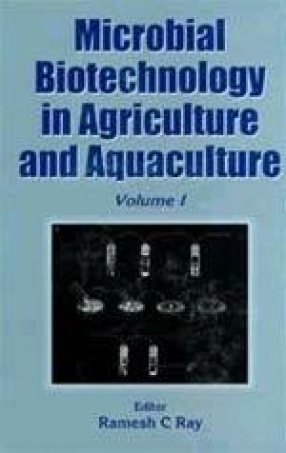
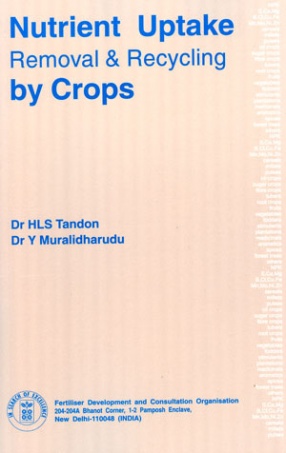
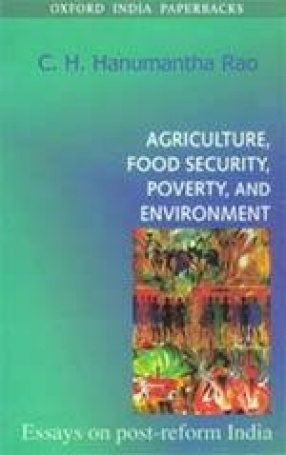
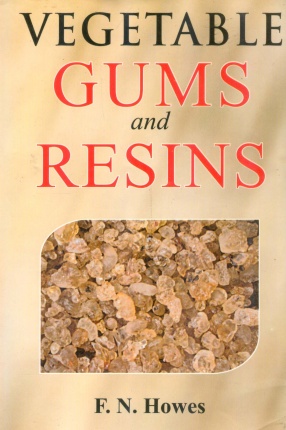
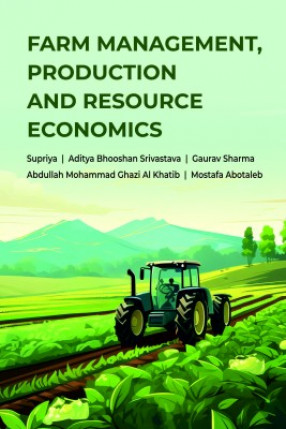

Bibliographic information
Tags